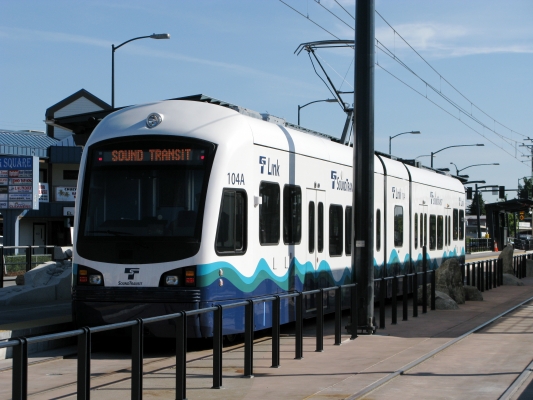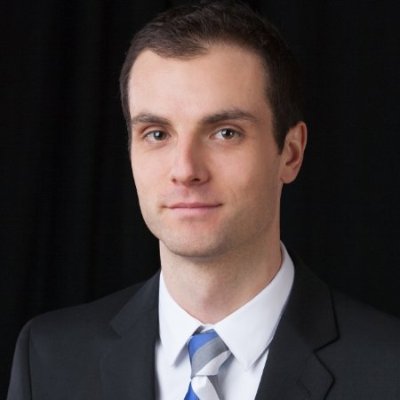
Watch video
View slides
Dynamic transit assignment models have the potential to improve local transportation agencies’ capability to forecast the demand for public transit facilities under conditions of limited capacity or varying reliability. In order to be useful in practice, the simulated route choices of passengers in these models need to reflect the behavior of actual residents observed in local travel surveys. Most analysis methods of revealed route choice preferences developed to date have either (1) not been proven to provide consistent estimates or (2) required an untenable computation time for practical applications. Furthermore, no model of transit route choice has accounted for variability in both passenger behavior and vehicle arrivals.
This seminar will focus on an econometric framework that Hood Transportation Consulting designed to overcome these limitations in partnership with the second FHWA Strategic Highway Research Program, the Metropolitan Transportation Commission of the San Francisco Bay Area, the San Francisco County Transportation Authority, and the Puget Sound Regional Council. The framework is based on a recursive logit model where the traveler makes a series of dynamic choices which maximize the conditional expected utility of travel to the destination, given the sequence of vehicles which have already arrived. The model also contains new size variables to correct for the correlations caused by route overlap. Application of the new correction formulas to illustrative examples demonstrates that predictions with the model more closely match theoretically correct results than existing methods.
Jeff Hood is the founder of Hood Transportation Consulting, a Portland-based travel demand forecasting firm which has provided econometric analysis and scientific computing services for four years to MPOs, state DOTs, and local agencies in Oregon, Washington, and California. The primary focus of hir work has been on the development of econometric and agent-based models of route choice for bicycle project prioritization and transit forecasting. Prior to starting hir own practice, Jeff worked at a global engineering company and public transportation agency, and taught college courses in mathematics. Jeff also curates interactive pop-up adventure play art installations to foster community, risk-taking, creativity, self-reliance, body-awareness, and healthy interdependence. Photos of hir latest installation "Human Whack-a-Mole with Kopper and Bippy" can be found at www.MoleStation.farm. Jeff received a BA in Mathematics from Reed College, an MS in Mathematics from the University of British Columbia, and a Master of City Planning degree from the University of California, Berkeley. Zhe lives in a cohousing community in Portland with hir child Tycho, and enjoys songwriting, Vipassanā meditation, and the ancient Chinese game of Go (圍棋).
